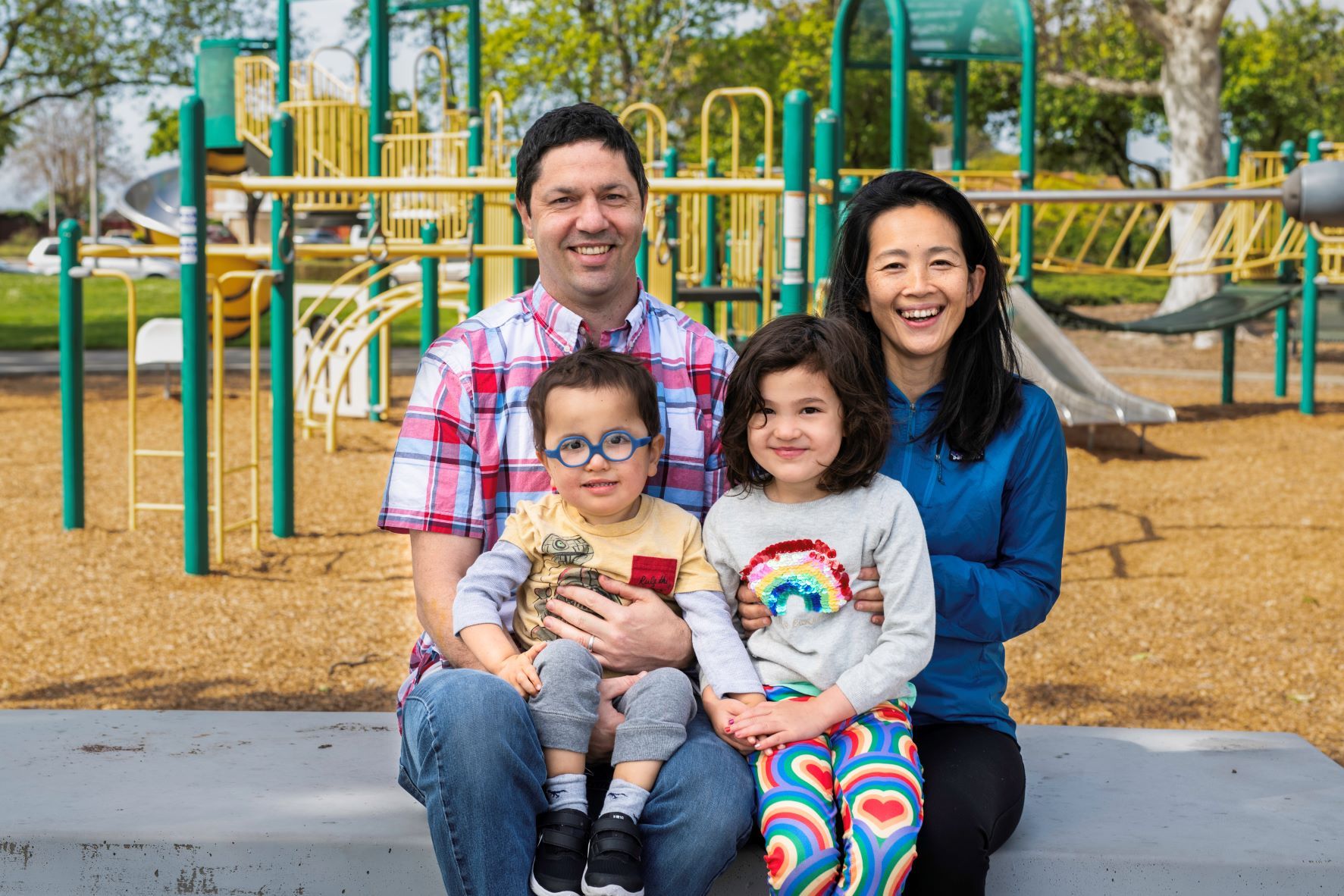Personal Experience Motivates Tian Zhang’s Work With AML Patients
It would be enough for a young physician-scientist to tackle the challenge of an extremely aggressive disease like acute myeloid leukemia (AML) while setting up a translational research program, but Tian Zhang, MD, PhD, is doing all that and more.
The new assistant professor of hematology has a young child with an exceptionally rare genetic disorder, but she has found a way for her son’s medical condition to motivate her in her work.
Zhang’s story begins after extensive basic science training, which led to a doctorate in cellular and molecular immunology. A desire to become a physician-scientist prompted her to attend medical school after earning her PhD. During a clinical rotation in year three she became aware of AML, which she says is “the most aggressive and most common kind of acute leukemia in the elderly.”
Zhang’s work with an AML patient showed her firsthand how dramatically the disease presents, as well as its very poor prognosis in most patients, with few treatment options. As part of a huge medical team following a complicated care plan for the AML patient, she was drawn to the disease both intellectually and emotionally, and she chose it for her clinical focus.
She didn’t know it at the time, but the bedside observations she made during both medical school and internal medicine residency would be of great value after she came to Stanford in 2014 for a hematology/oncology fellowship. As a fellow, she witnessed the work that hematology division chief Ravi Majeti, MD, PhD, was doing in the molecular characterization and therapeutic targeting of leukemia stem cells in AML.
“As a translational physician-scientist, I picked Dr. Majeti’s lab to do my postdoc work, and that’s where I took my bedside observations and created a preclinical model so we could study how an experimental treatment would affect human AML cells that were injected into mice,” she says.

Tian Zhang, MD, PhD, with her family
